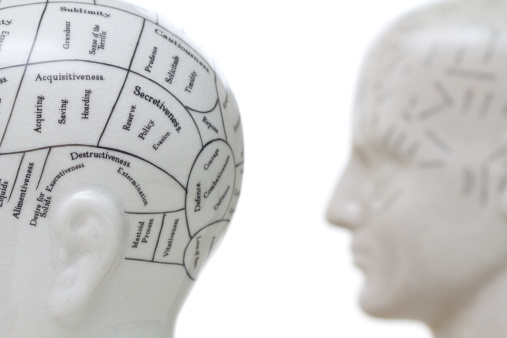 According to a new study published in the Philosophical Transactions of the Royal Society B: Biological Sciences, researchers have created a new game for people with schizophrenia that can improve their memory skills and help them live independently.
According to a new study published in the Philosophical Transactions of the Royal Society B: Biological Sciences, researchers have created a new game for people with schizophrenia that can improve their memory skills and help them live independently.
The app, called “Wizard,” was created for the “iPad” and tested with 22 participants who had been diagnosed with schizophrenia.
Researchers randomly assigned the 22 participants to either continue normal treatments or to a cognitive training group that played Wizard for eight hours over a four-week period.
After the four-week period, the team tested the episodic memory of each participant and measured the level of enjoyment of each participant and their level of motivation. Scores were calculated with a Global Assessment of Functioning (GAF) scale, which is used to measure social, occupational and psychological functions. The team discovered that participants who were assigned to play the gaming app had a significantly better episodic memory and scored higher on the GAF scale compared to participants in the control group.
Researchers are unsure how using the app improved each participant’s functioning, but believe that improvements to motivation, episodic memory and self-esteem caused by mental training could be factors.
The study’s co-author, Peter Jones, believes that the findings are promising and could lead to using game apps to improve episodic memory as well as functioning in routine activities.
Sources for Today’s Article:
Sahakian B. J., et al., “The impact of neuroscience on society: cognitive enhancement in neuropsychiatric disorders and in healthy people,” Philosophical Transactions of the Royal Society B, doi: 10.1098/rstb.2014.0214, published online August 3, 2015.
McIntosh, J., “New brain training app could improve lives of people with schizophrenia,” Medical News Today web site, August 3, 2015; http://www.medicalnewstoday.com/articles/297563.php.
